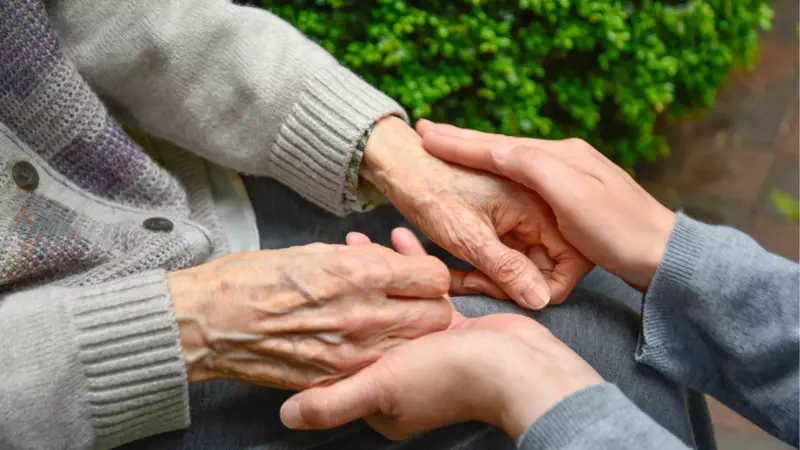A Guide for Adult Carers in Scotland

Are you an unpaid carer?
Many people look after someone else, but don’t see themselves as a carer; they just feel they are doing what anyone would do to support friends or family.
If you support your partner, relative or friend, who needs help because they are ill or have a disability, then you are an unpaid carer. You may have chosen to be someone’s carer, or you may have found yourself in a situation where you felt you had no choice.
It doesn’t matter whether you live with the person you care for, how often you help them or how long you spend providing the help. For example, you might:
- live near a friend who has a disability and drop in every day to provide a meal and some company
- move in with a relative to help them after they have been in hospital
- provide 24-hour constant care for a close member of your family
- be a carer for your partner, even if they have paid carers too
- provide regular social support by phone
- have a disability yourself and care for someone who also provides care for you.
Support for unpaid carers
Whatever you do as an unpaid carer, it is important that you can take care of your own needs while carrying out your caring role. This means having breaks from caring and being able to spend time in your regular routine doing the things that are important to you. This guide aims to help you understand your rights as an unpaid carer, your entitlement to support and how to access it.
The Age Scotland Dementia team runs workshops for carers on various aspects of caring for someone living with dementia, including self-study modules. You can book a training session online or call the Age Scotland helpline on 0800 12 44 222.
Download A Guide for Adult Carers in Scotland
pdf | 1.78MB


